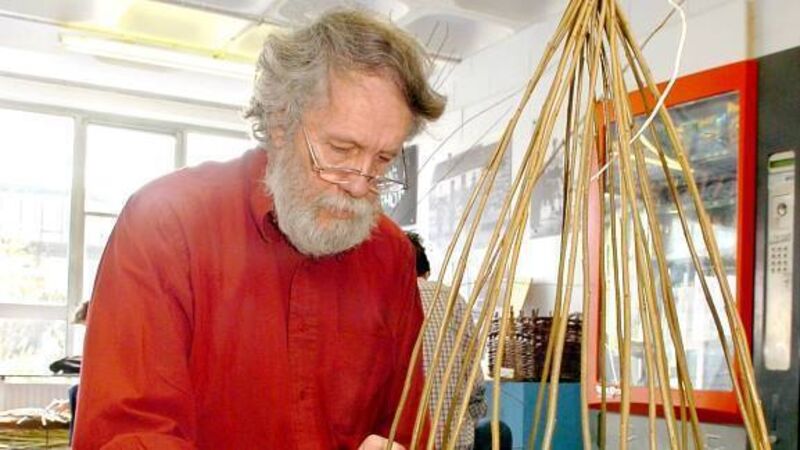Nothing orthodox about church warden

Once a month, at 8.40am on a Saturday the larger-than-life American, whose father was Swedish, turns the key in the door of a heavenly chapel adjoining the Holy Trinity Church on Father Matthew Quay, Cork, and starts preparing the room for a church celebration — the Russian Orthodox Church in Cork’s liturgy celebration.
“I’ve been doing this for so long now it’s sort of automatic what I do,” the 72-year-old and oldest practising member in the country, said about his role as church warden.
















